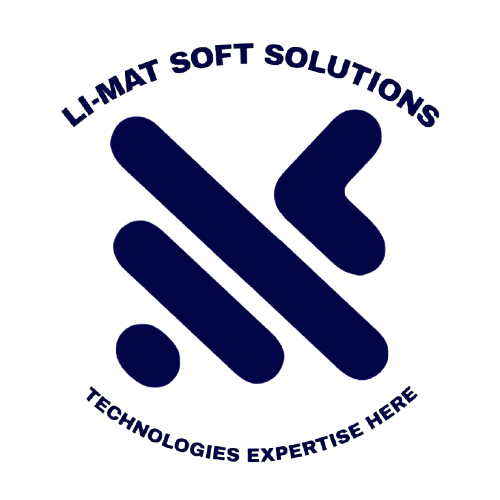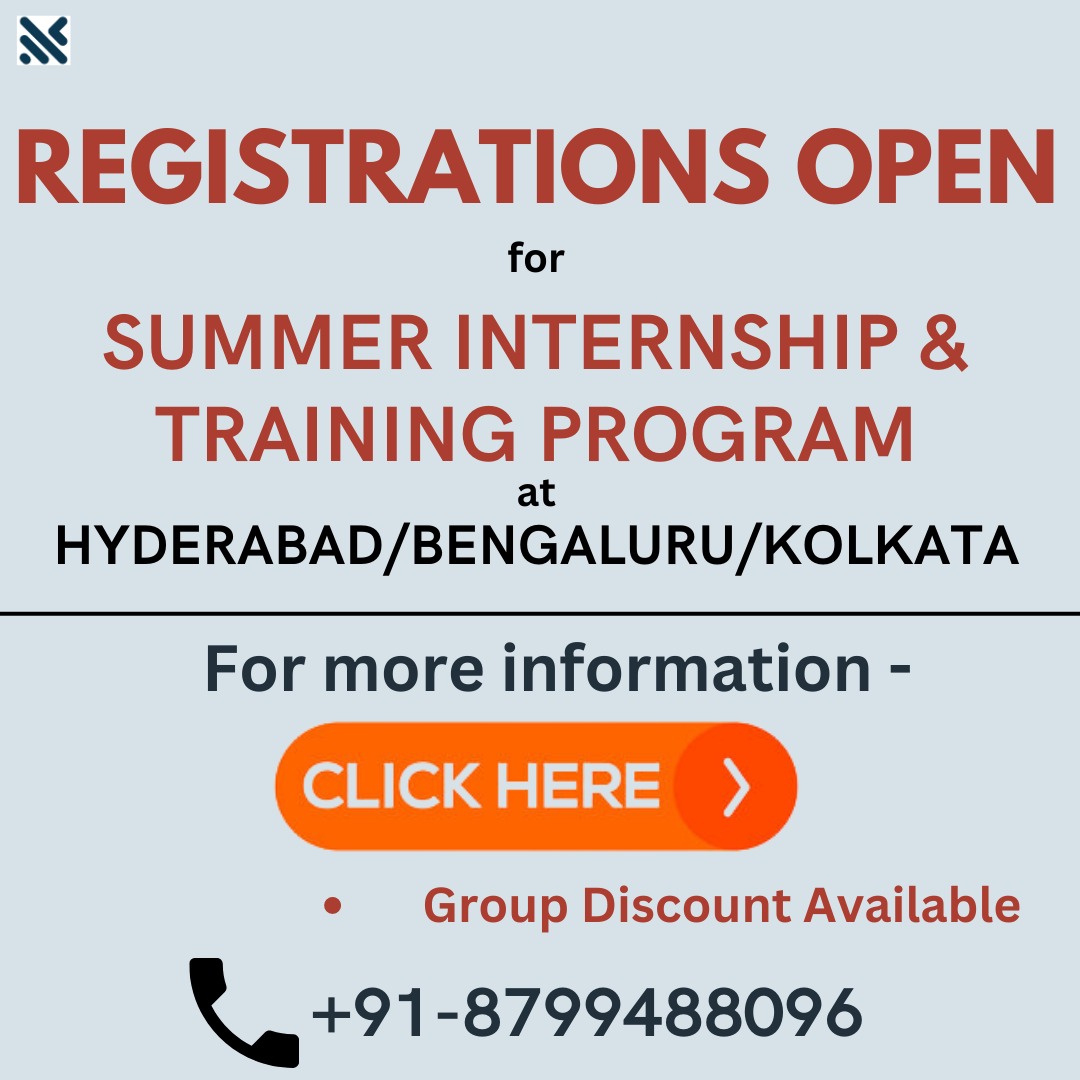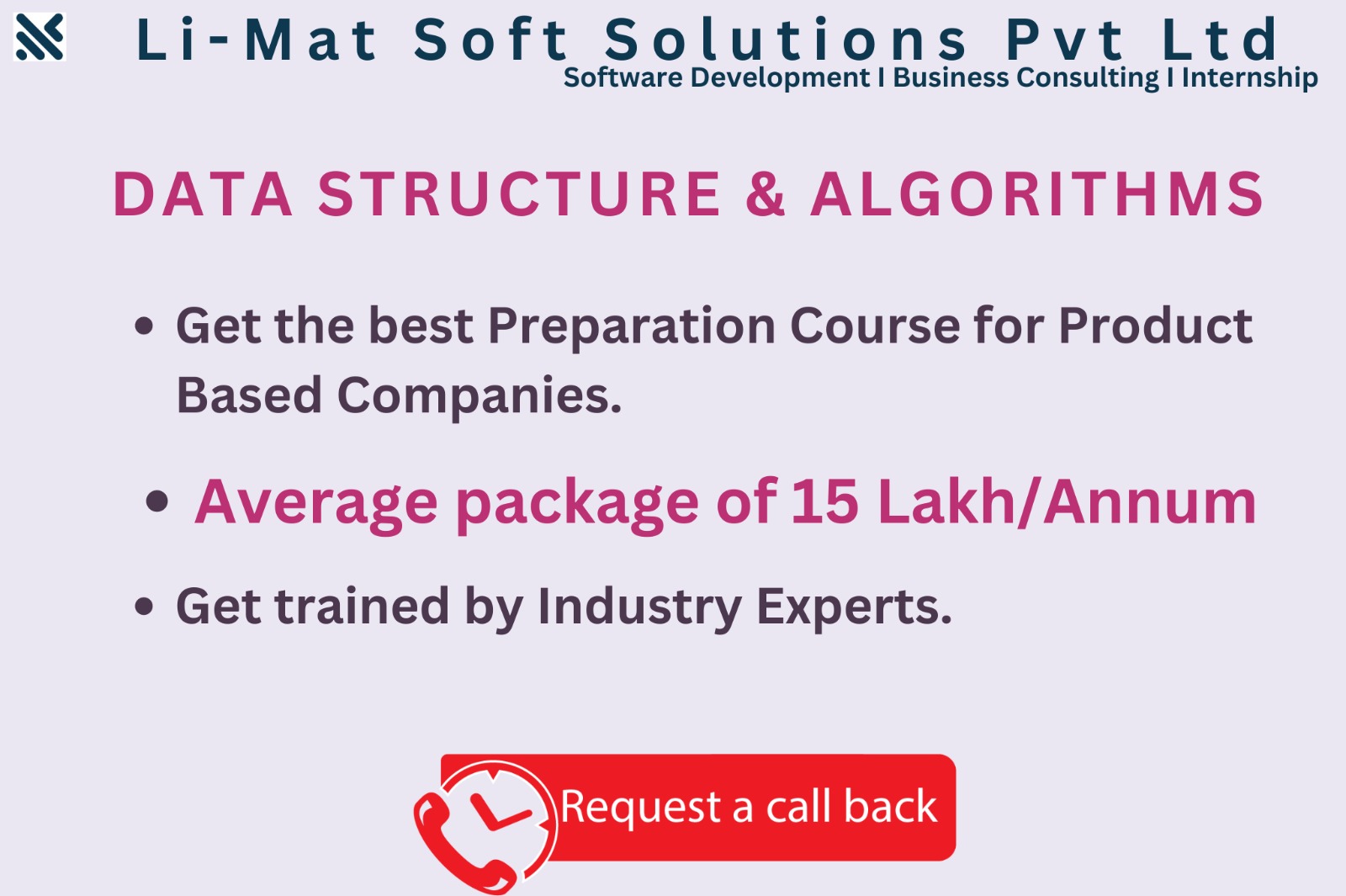MERN Stack Web Development Training:
Master and learn MERN stack concepts like OOPs concept, JavaScript, Bootstrap, JSX, component, Routing, REST APIs, Mongo DB, Socket, and more.
- Expert-led interactive sessions.
- 6 months of dedicated learning.
- Real-world projects and Certifications.
- 24/7 Support Group
Overview:
The MERN Stack Web programming certification programme from LI-MAT Soft Solutions introduces students to full-stack web programming utilizing MongoDB, Express, React, and Node. The intermediate tier of the application is composed of Express and Node. The well-liked and potent JavaScript server platform is Node.js, and Express.js is a server-side web framework. ME(RVA)N is the best method for interacting with JavaScript and JSON, regardless of the variation you select. Our thorough course is designed for both experienced professionals wishing to advance their abilities and beginners entering the field of web development.Li-Mat Soft Solutions provides Web Development training also.
This course covers full-stack fundamentals, including HTML, CSS, MongoDB, ReactJS, JSON and core principles. You'll learn how MERN empowers you to build interactive, data-driven user interfaces. Effective state management, a foundation of every web app, will be thoroughly explored, enabling you to control and manipulate component states for dynamic and responsive applications.
We'll delve into complex MERN development issues. These abilities are necessary for developing complex, feature-rich web solutions. You will work on assignments and real-world projects to apply your skills in genuine development circumstances because practical experience is crucial.
In order to guarantee that you receive professional advice, our knowledgeable instructors share industry insights and best practices. Upon completion, you'll receive a MERN Development Intern Certificate from LI-MAT Soft Solutions, demonstrating your mastery of building dynamic and responsive online apps.
This course offers a customized path for all learners, whether they want to advance their skill set, launch a career in web development, or strengthen their knowledge of MERN. We're here to help you progress from the foundations to mastery while giving you the assurance and knowledge necessary to create amazing web applications. The future of full-stack web development awaits you when you join LI-MAT Soft Solutions.
Prerequisites:
No prior MERN knowledge is necessary. Anyone who is interested in taking this course can apply.
Key Takeaways:
- Expert-Led Live Interactive Sessions.
- 6 months of dedicated learning.
- Regular Assignments.
- Assessment (Quiz/Test).
- WhatsApp Support Groups.
- Class Recordings.
- Internship Grade projects and certification.
Career Opportunities
- Full-stack Developer
- Front-end Developer
- Back-end Developer
- Web Developer
- Web Designer
- Mobile App Developer
- Express.JS Developer
- MongoDB developer
- Node.js Developer
- API Developer
- DevOps Engineer
- Solutions Architect
- React.js Developer
- React.js Consultant
- MERN stack Developer
- Database Administrator
Course Outcome:
After finishing the MERN full-stack web development certification course, you will completely understand this potent MERN toolkit and its practical applications in contemporary web development. Here are the results you can anticipate:
- Develop a firm grasp of web development fundamentals, including HTML, CSS, and JavaScript.
- Understand the fundamentals of Node.js and its role in modern web development.
- Implement asynchronous programming in JS.
- Create and manage your own Node.js modules and packages.
- Work with the Node Package Manager (NPM) to install and manage third-party packages.
- Build a primary HTTP server and client-side applications.
- Understand the concepts of event-driven programming and use Event Emitters to send and receive events.
- Define routes and create a web server with Express Framework.
- Deploy Node.js applications using PM2 and Nginx for production-ready solutions.
- Implement asynchronous programming concepts, including the call stack, callback functions, and the event loop.
- Integrate MongoDB, a NoSQL database, into your Node.js applications.
- Learn to send emails through your Node.js application using SendGrid.
- Develop REST APIs with Express.js and interact with them using tools like Postman.
- Gain an understanding of GraphQL and use GraphQL Playground for API testing.
- Implement user authentication and explore different authentication methods.
- Develop a microservices application and understand the concepts of microservices architecture.
- Gain proficiency in React.js, encompassing React components, JSX syntax, state management, and lifecycle methods.
- Study more complex topics, including Redux for managing states, React Router for efficient application navigation, and React hooks.
Why Learn MERN stack web development?
- Learning the MERN stack is an excellent approach to getting ready for work as a Full Stack Developer or JavaScript Developer, two highly sought-after job paths.
- Due to the MERN stack's foundation in widely used and well-supported technologies, there are a variety of resources accessible to assist web development businesses in learning about and utilizing the stack.
- MERN Stack Developers in India get an average monthly salary of ₹4,59,986. A MERN Stack Developer in India can earn an additional cash compensation of between ₹7,500 and ₹98,306. ₹39,200 is the average annual pay.
In conclusion, enrolling in the MERN web development certification course puts you on the road to a rewarding career in a highly sought-after industry by providing you with the information and skills necessary to flourish in web development. This course offers you a significant skill set that can open up amazing prospects in the field of web development, regardless of your level of expertise as a developer.
Skills Covered:
- Database operations
- Building end-to-end scalable applications
- Understanding database
- Understanding oops concept
- Understanding JavaScript and Bootstrap
- Building web applications
- Building Node.js and Express.js Application
- Connecting MongoDB to Node.js
- Working with Rest APIs
- Testing Node.js Application
- Working with Mongoose
- Deployment
- Socket Programming
- Creating App Using React
- Using JSX
- React Event Handling
- React Components
- Routing in React
- Redux for state Management
LI-MAT Soft Solutions MERN Stack Web Development Training Description
What is MERN?
Full-stack online applications may be deployed more quickly and easily thanks to the MERN Stack, a JavaScript stack. MongoDB, Express, React, and Node.js comprise the MERN Stack, consisting of these four technologies.
- MongoDB: It is an open-source document-based database that is cross-platform. Python, JavaScript, and C++ were used in its creation.
- Express: It is a framework for developing web applications that is free source. It has powerful features.
- React: User interfaces are made using React.js, a free JavaScript toolkit, especially for single-page apps.
- Node.js: An open-source, cross-platform scripting language is Node.js. While JavaScript had some restricted features, Node.js has provided additional tools to make websites easier. Node.js contains a sizable Java Script module. The I/O API in Node.js is non-blocking. Websites and back-end API services typically use it.
- It's intended to simplify and streamline the development process.
Each of these four potent technologies plays a significant role in creating web apps and offers developers an end-to-end framework to operate.
Who should enrol in this training program?
This MERN course is well-suited for a range of professionals, including:
- Individuals new to web development, especially those aspiring to become full-stack web developers.
- UI/UX developers are seeking to enhance their skills in building dynamic user interfaces.
- Web developers are looking to expand their expertise in front-end as well as back-end technologies.
- Software developers want to incorporate React into their toolkit for building modern web applications.
- Freshers looking to become an expert in Full Stack Web Development.
You should start learning the MERN stack immediately if you want to land a job as a full-stack developer within the next 6 months. The MERN stack is where the majority of new products are developed.
Which companies hire MERN stack developers?
Companies that hie MERN stack developers are :-
- Infosys
- Tata Consultancy Service (TCS)
- Accenture
- Freelancer
- Google
- Amazon
- Capgemini
- Cognizant
Why is the MERN stack the most rapidly expanding technology stack?
The MERN stack is the world's fastest-growing tech stack for various reasons. Among them are:
- Quick Coding Time: The MERN stack offers one of the fastest coding times for most applications. Once you understand it, you can quickly and easily construct a simple application.
- NoSQL Based: MongoDB, the most well-known NoSQL-based database, is one of the essential parts of the MERN stack. Since most recent projects use NoSQL-based databases for learning, the MERN tech stack has a clear advantage over alternative relational tech stacks.
- Numerous Integrations: The MERN stack is entirely composed of JavaScript, which contains multiple integrations with third-party libraries. Therefore, chances are good that someone has previously developed a solid solution for every complicated problem you encounter, which you can quickly incorporate with your application.
- Cost Savings: The MERN stack offers the quickest application development time, directly lowering the project's development costs.
- Strong Eco-system: The MERN stack has one of the strongest and most welcoming developer eco-systems available. Any assistance with the MERN stack can be found with a simple internet search, and the documentation for its frameworks is excellent.
Can I get a job by learning the MERN stack?
Developers will have a much more comprehensive range of job options by being able to manage all facets of web development projects with the help of MERN. Additionally, it will make it simpler to master additional full-stack development components and aid developers in creating targeted JavaScript online apps.
Is MERN stack in demand in 2023?
Due to the widespread use of the MERN stack in the web development industry, it will be crucial and in high demand in 2023. It is employed for its simplicity and adaptability. The MERN stack is the total solution and includes front-end and back-end development.
Who is eligible to enrol in the 6-month MERN Stack course?
Open to professionals and students from various backgrounds, including B.Tech, BCA, and other areas, the 6-month MERN STACK course is offered online. Anyone who is interested in developing their MERN STACK expertise and problem-solving capacity can apply.
Is there any certification provided after completing the course?
Yes, participants will obtain a certification recognizing their skill level and grade in MERN STACK topics upon finishing the 6-month MERN STACK course. Also, you will work on real-life projects and earn an intern certificate.
How can I enrol in the course?
You can fill out the enrollment form on our website by going there to sign up for the course. You will receive further information from our staff and assistance with the registration process. After registering, you will receive a date for your pre-assessment test. Depending on your results, you may be scheduled for a one-on-one interview. Following the discussion, you will be notified of a discount based on your performance and the start date.
Can I access course materials and lectures after the course completion?
Yes, the course materials and recorded lectures will be accessible to participants long after passing the course. Revision, reference, and further education are all made possible through this at your own pace.
Are there any assessments or exams during the course?
Frequent exams and coding challenges are offered to gauge your progress and comprehension of the course material. These tests enable you to evaluate your learning while also measuring your progress.
Can I interact with fellow learners during the course?
Yes, we promote student connection and cooperation. Our course incorporates discussion boards, group projects, and coding competitions to foster a sense of community and encourage sharing knowledge.
Do you have access to any resources besides the course materials?
We offer suggested reading lists, links to internet resources, practice questions, and course materials to assist your study. These extra sources provide chances for further research while supplementing the course material.
What distinguishes LI-MAT Soft Solutions' MERN STACK programme from others?
The MERN stack course from LI-MAT Soft Solutions stands out for its extensive content, qualified instructors, hands-on approach, and individualized support. We provide help with interview preparation, flexible scheduling, and ongoing support. Deepen your understanding, gain practical coding experience, and hone your problem-solving abilities. Improve your employability, prepare for interviews, and prosper in the programming industry. For a unique learning opportunity that will advance your mastery of the MERN stack and open doors to new possibilities, select LI-MAT Soft Solutions.










